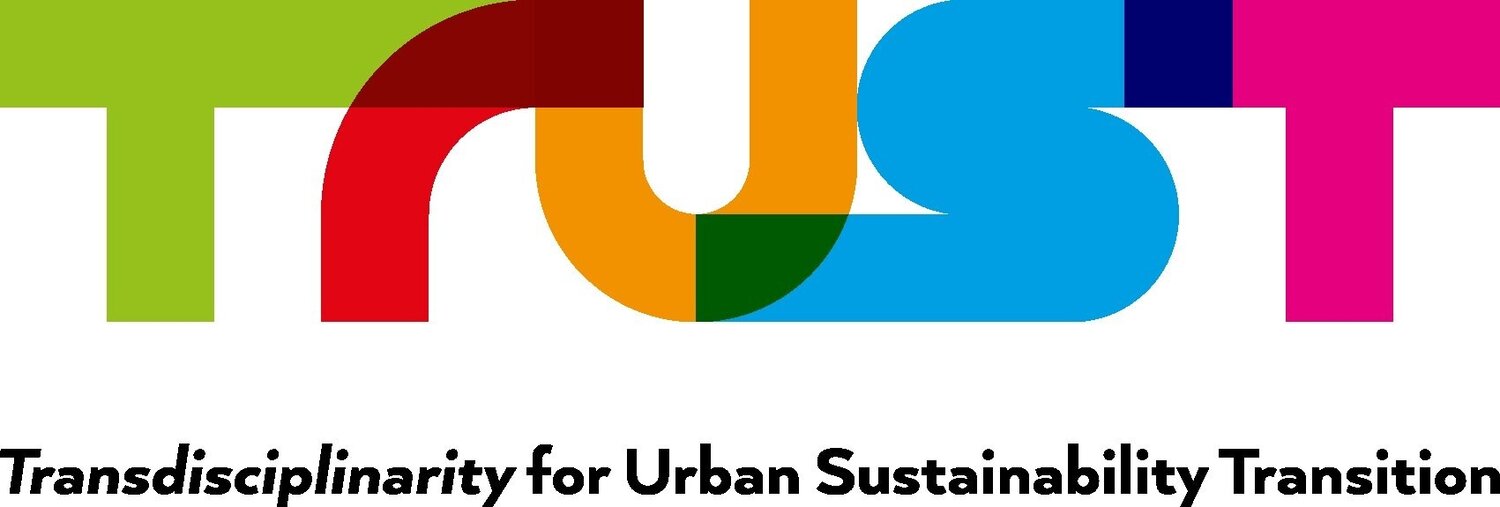| OUR PARTNERS & SUPPORTERS |
The Interuniversity Department of Regional and Urban Studies and Planning (DIST) is the point of reference in Politecnico and Università di Torino for the areas of knowledge that study the processes of territorial transformation and government, both on a local and on a global scale. These processes are analysed from a sustainability perspective in their physical, economic, social, political and cultural aspects, as well as in their interrelationships.
DIST promotes, coordinates and manages basic and applied research, training, technology transfer and services for the local community with regard to urban and regional sciences and policies, as well as to spatial, urban and environmental-landscape planning.
The PoliTO Sustainable path was embraced in 2015 by PoliTO when, in the Horizon 2020 Strategic Plan, it expressed its will to side with the best international universities in raising awareness of its role in society, through the sustainability education. Then, PoliTO moved towards the international accreditation as ‘sustainable campus’, promoting synergetics actions with similar institutions. PoliTO is one of the promoter of the Italian Network of Sustainable Universities (RUS – Rete Italiana Università per la Sostenibilità), endorsed by the Italian Conference of Universities’ Rectors (CRUI). In 2015 PoliTO joined the ISCN (International Sustainable Campus Network) and the Green Metric Ranking, being part of a global forum that sustains academic institutions in brainstorming activities, information and best practices to comply with the sustainability aspects of their activities.
Cultures, Politics and Society (CPS) is an interdisciplinary department, which includes Sociology, Political Science and International Relations, Cultural Anthropology and History, Communication Studies and Linguistics, Area Studies and Geography . It is one of the largest Departments of the University of Turin and was judged to be a structure of excellence by ANVUR, the National Agency responsible for assessing the quality of the Italian university system.
The strength of CPS is the interdisciplinary approach, which combines theory and empirical research, quantitative and qualitative methodologies, different skills and points of view, cultivated through comparison, gender perspectives, historical and procedural analysis of phenomena. A plural and flexible "toolbox" thus links together the different lines of investigation committed to reading the reality in motion that surrounds us.
The UNESCO Chair of Torino, established in 2010 at the University of Torino, aims to promote an integrated system of research, training, information and documentation in the fields of sustainable development and territory management. They also facilitate collaboration between high-level, internationally recognize researches and teaching staff from the University and other institutions in Italy, as well as other areas of the world, specifically in Latin American and Euro-Mediterranean regions.
The RUS - Network of Universities for Sustainable Development is an initiative of coordination between the Italian universities that have undertaken the commitment to direct their institutional activities towards the objectives of integrated sustainability and to actively participate in achieving the institutional objectives of the Network in full agreement with the points of the Sustainable Development Goals (SDGs) of the United Nations Agenda 2030.
Social sciences Laboratory for Research on Sustainable Energy (SoLaRS) brings together researchers interested in the social aspects of energy use and supply. As well as providing a forum for advice, discussion and collaboration, the group also aims to help promoting the integration of the social sciences with other disciplines investigating energy.
Non Architecture Competitions aims to find unconventional and unexplored design solutions in the field of architecture. From 2016 to 2019, Non Architecture organized a series of 10 competitions pointed at reinventing functional architectural typologies. In 2020, we entered a new phase structured around nine themes. Non Architecture Competitions built a Research Ecosystem with the purpose of exploring each theme from different perspectives and multiple competitions. They will all have their focus on tackling the big issues of tomorrow, by seeking nontraditional approaches in the architect’s work.







